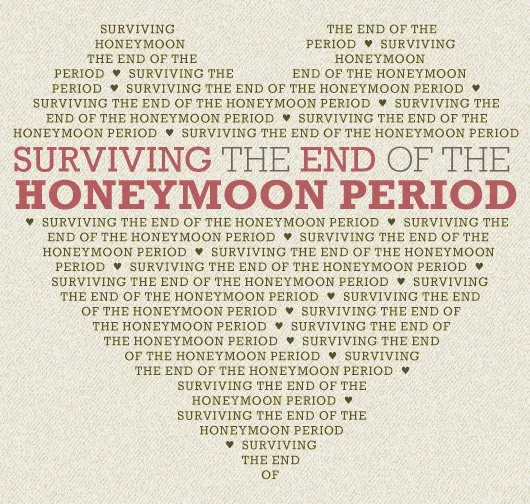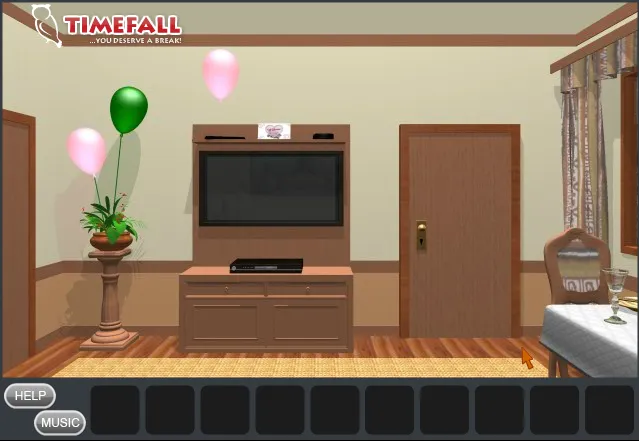7 Signs the Honeymoon Is Over
The honeymoon phase, a period of intense romance and infatuation, is a beautiful but often fleeting stage in a relationship. While it’s natural for the initial euphoria to fade, recognizing the signs that this phase is ending is crucial for navigating the next chapter. Understanding these signs can help you and your partner address any issues and build a stronger, more lasting bond. Remember that the end of the honeymoon phase isn’t necessarily a bad thing; it’s an opportunity to build a deeper, more realistic connection. It is a time to foster a love that goes beyond the initial infatuation and is built on mutual respect, understanding, and commitment.
Loss of Passion and Intimacy
During the honeymoon phase, physical intimacy and passionate encounters are often frequent. As time goes on, the frequency and intensity of these moments might decrease. This shift doesn’t always signal a problem, but a significant decline in physical intimacy, coupled with a lack of emotional connection, can be a sign that the initial spark is dimming. Itu2019s essential to address this proactively. Open communication about desires, needs, and any underlying issues affecting your sex life is crucial. Reintroducing intimacy through date nights, physical affection, and creating opportunities for connection can help reignite the passion.
Decreased Physical Affection

Beyond the bedroom, physical affection plays a vital role in maintaining intimacy. The absence of simple gestures like holding hands, cuddling, or spontaneous hugs can indicate a shift. These small acts of affection are essential for maintaining a sense of closeness and security. If you notice a decrease in these forms of physical touch, it’s important to discuss it with your partner. Sometimes, stress, work, or other external factors can affect the frequency of physical affection. Addressing these underlying issues and consciously making an effort to incorporate physical touch into your daily routine can help rekindle the closeness.
Increased Conflict and Arguments
During the honeymoon phase, couples often overlook or minimize disagreements. As the relationship progresses, however, conflicts may arise more frequently and become more intense. Increased arguments, criticism, or a general feeling of being misunderstood can indicate that the initial harmony is fading. It’s crucial to develop healthy communication skills to navigate these conflicts effectively. Learning to listen to each other’s perspectives, express your needs calmly, and resolve disagreements constructively is essential for a lasting relationship. Addressing conflicts promptly and fairly can prevent them from escalating and damaging your bond.
Communication Breakdown
Effective communication is the cornerstone of any healthy relationship. As the honeymoon phase ends, you might find that you’re no longer sharing as openly as before or that communication becomes more challenging. This could involve a lack of active listening, avoiding difficult conversations, or misinterpreting each other’s words. A breakdown in communication can lead to misunderstandings, resentment, and emotional distance. Prioritizing open and honest communication is vital. Make an effort to listen attentively to your partner, express your thoughts and feelings clearly, and be willing to compromise. Regular check-ins and discussions can help prevent communication breakdowns.
Lack of Shared Interests and Goals

During the early stages of a relationship, couples often share many common interests and goals. As time goes on, differing interests or a lack of shared pursuits can emerge. This doesn’t mean you need to have identical interests, but it’s important to maintain some shared activities and goals. If you find that you are drifting apart, make a conscious effort to find common ground and participate in activities together. This could involve taking up a new hobby together, planning shared vacations, or simply spending quality time pursuing individual interests side-by-side.
Unrealistic Expectations vs Reality
The honeymoon phase often involves idealized expectations about the relationship and your partner. As reality sets in, you might realize that your partner has flaws or that the relationship is not as perfect as you initially thought. Feeling disappointed or frustrated by this shift is normal. It is important to adjust your expectations and accept your partner, imperfections and all. Focusing on the positive aspects of the relationship and being willing to compromise and work through challenges are essential for long-term success. Building a realistic understanding of each other is key.
Feeling Unappreciated
In the initial stages, people often go out of their way to impress each other. As the relationship progresses, the efforts to express appreciation might diminish. When one or both partners feel unappreciated, it can lead to resentment and a sense of disconnection. Feeling unappreciated can manifest in many ways, such as feeling that your efforts are unnoticed or that your partner takes you for granted. Showing appreciation is essential. Make a conscious effort to express your gratitude, offer compliments, and acknowledge your partner’s contributions to the relationship. Simple acts of kindness and appreciation can go a long way.
What to Do When the Honeymoon Is Over

Recognizing that the honeymoon phase is ending is the first step. The following steps are crucial for maintaining a strong and lasting relationship. Addressing the issues that arise when the honeymoon ends can transform the relationship into one that is deeper and more meaningful. While the initial infatuation fades, these steps help you build a foundation of mutual respect, understanding, and commitment. The transition from the honeymoon phase is a natural part of the relationship’s evolution, allowing the relationship to mature.
Acknowledge and Accept the Change
The first step is to acknowledge that the honeymoon phase is over. It’s important to accept that the initial infatuation will fade, and that the relationship will evolve. Don’t be discouraged or disappointed. Accepting this change allows you to approach the next phase with realistic expectations and a willingness to work through any challenges that arise. Understanding that this transition is normal, and not necessarily a sign of failure, is key. The acceptance of change involves open communication. Discuss with your partner how the relationship feels different and what you can do together to make it strong.
Prioritize Communication
Open and honest communication is essential to maintain a healthy relationship. Make an effort to communicate your thoughts, feelings, and needs. Actively listen to your partner, and try to understand their perspective. Create a safe space where both of you feel comfortable sharing your feelings without judgment. Regular check-ins to discuss how you are both feeling about the relationship are good practice. Be honest with each other about the things that you like, and also the things you don’t like. This enables you to work together to meet each other’s needs. This is not just talking but also listening, understanding, and validating your partner’s feelings.
Re-establish Intimacy

As the initial sparks fade, you must work at re-establishing intimacy. This includes both physical and emotional intimacy. Spend quality time together, engage in physical affection, and focus on reconnecting emotionally. Plan date nights, cuddle on the couch, and make a conscious effort to show your love and appreciation for each other. Intimacy encompasses the whole spectrum of connection. It includes emotional closeness, physical touch, and the sharing of experiences, dreams, and vulnerabilities. By consciously working to re-establish intimacy, you reinforce the bond.
Invest in Quality Time Together
Make a concerted effort to spend quality time together. Put away your phones, turn off the TV, and focus on each other. Plan activities that you both enjoy, whether it’s going for walks, cooking together, or pursuing hobbies. Quality time is about more than just being in the same room. Itu2019s about being present, engaging in activities together, and creating shared experiences. These shared experiences strengthen your bond, and create memories that reinforce your connection. Quality time involves actively creating opportunities to connect.
Seek Professional Help if Needed
If you are struggling to navigate these challenges, do not hesitate to seek professional help. A therapist or counselor can provide guidance, help you develop communication skills, and work through any underlying issues that may be affecting your relationship. Couple’s therapy is not a sign of failure; itu2019s a proactive step toward strengthening your bond. It is a sign that you are both committed to your relationship. A therapist can provide an objective perspective, facilitate communication, and offer strategies to resolve conflict and build a stronger, more fulfilling relationship. Seeking professional help is an investment in your future.
Practice Forgiveness and Understanding

Forgiveness and understanding are essential for a lasting relationship. Accept that your partner will make mistakes, and be willing to forgive them. Practice empathy and try to see things from their perspective. Forgiveness doesn’t mean condoning hurtful behavior, but it does mean letting go of resentment and anger. Understanding involves acknowledging that both partners will have flaws, and recognizing that you won’t always agree. These values are the cornerstones of resilience. It is about creating a safe and supportive environment where both partners feel valued and understood, ultimately leading to a stronger and more resilient partnership.
